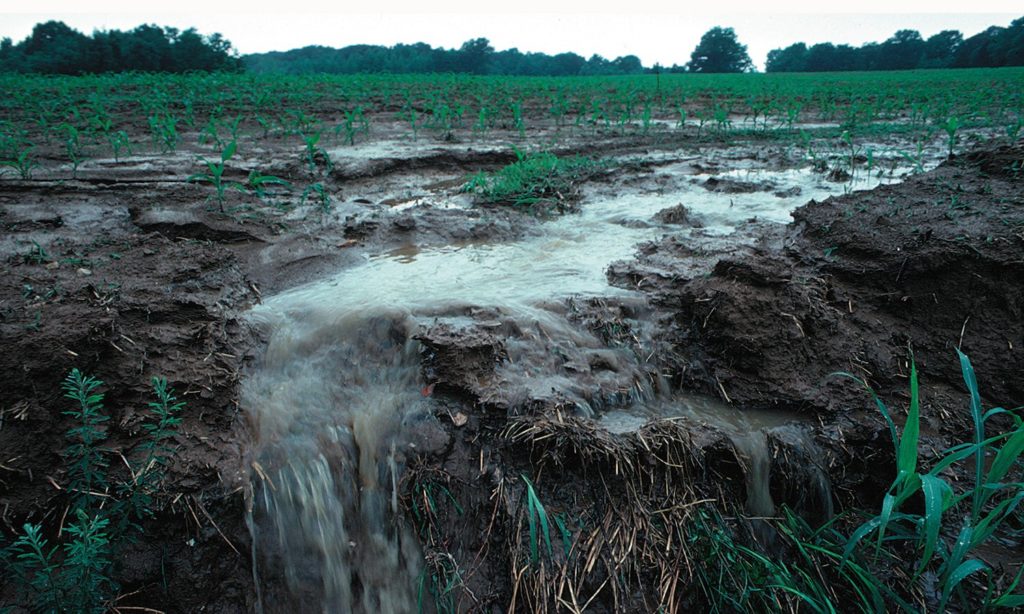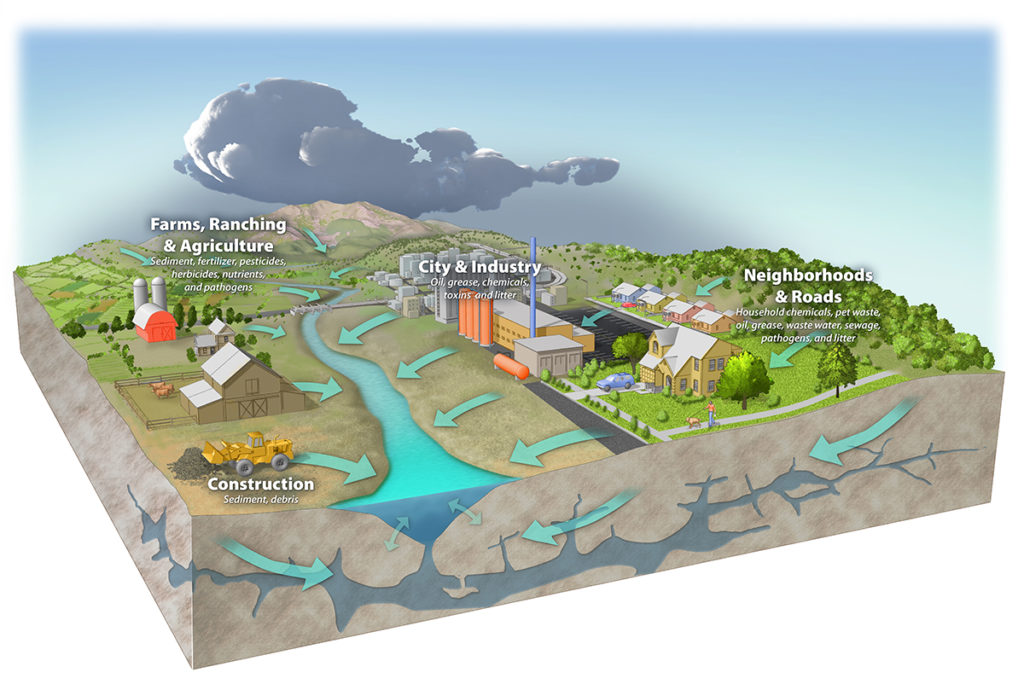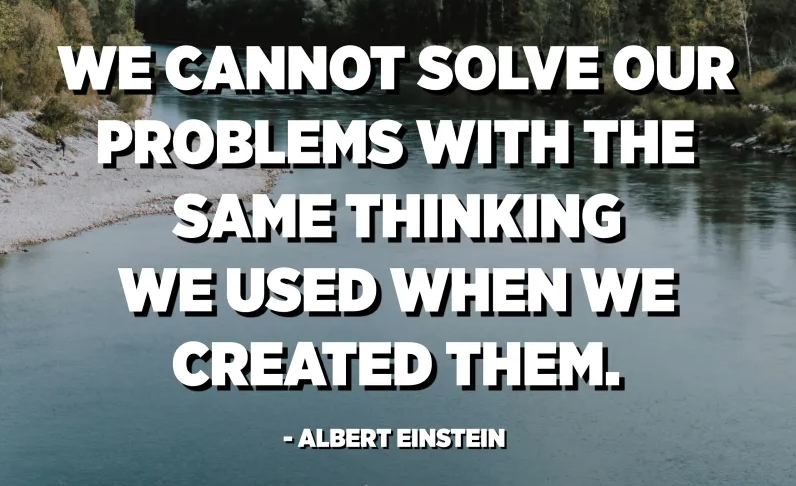Do cows cause water pollution? Agricultural runoff is a problem but blaming manure alone stinks.
Why do people say that cows are bad for the environment? Some say it’s because these ruminants cause climate change, a claim we examined critically in our last article. But what about agricultural runoff? Isn’t it true that cow manure runs-off fields and into waterways? And doesn’t this runoff harm marine life and pollute ponds, rivers, lakes, and streams?
At Go Natural Education, our goal is to present the facts so that you can decide for yourself what’s true and accurate. In this article, we’ll take a hard look at a smelly subject so you can evaluate what some critics of cows are spreading around. Agricultural run-off that contains cow manure is indeed part of the problem, but agricultural runoff is a bigger issue – and cow manure could be part of the solution.
Twenty-two years ago, the U.S. Environmental Protection Agency (EPA) surveyed the nation’s waterways and reported that “agricultural nonpoint source (NPS) pollution is the leading source of water quality impacts”. Most agricultural activities are exempt from Clean Water Act requirements, so maybe this finding doesn’t surprise you. Clearly NPS is a problem, and undoubtedly agriculture is involved.
The cause of NPS, however, is rainfall or snowmelt that moves over and through the ground, picks up and carries away pollutants, and deposits these pollutants in waterways. There isn’t a single source of pollution like a discharge pipe (or a giant cow pie), so that’s why it’s called non-point source. On farms, some of these pollutants are natural and some, like herbicides and chemical fertilizers, are human-made.
So, what’s the biggest source of this water pollution?
In Protecting Water Quality from Agricultural Runoff, the EPA makes this clear: “The most prevalent source of agricultural water pollution is soil that is washed off fields”. Too much sediment clouds the water and reduces the amount of sunlight, which aquatic plants need for photosynthesis and will die without. Excessive amounts of sediment can also “clog the gills of fish or smother fish larvae,” the EPA reports.
Some, but not all, of agricultural run-off contains manure, a rich source of nitrogen and phosphorous that promotes plant growth. More of a good thing isn’t necessarily better, however, and the nutrients that cow manure (and commercial fertilizers) release into surface water stimulates algae blooms. As these algae blooms die and decompose, they reduce the dissolved oxygen content in the water.
Without enough dissolved oxygen, fish and other aquatic species suffocate and die. When they decompose, this further contributes to the oxygen reduction in the water. (All of this stinks – both environmentally and aromatically.) So how could cow manure, an ingredient in agricultural run-off, possibly be part of the solution? It’s because manure can help the soil by reducing erosion and runoff.
Perhaps more manure alone isn’t the answer, even if we want to reduce our dependence on chemical fertilizers. “Manure management – how manure is captured, stored, treated, and used – has important implications for farm productivity and the environment,” explains the U.S. Department of Agriculture (USDA). Not surprisingly then, the USDA and the EPA long ago developed a joint national strategy for managing manure and wastewater from animal feeding operations.
Best practices for manure management can vary by region, however, as Utah State University (USU) Cooperative Extension explains in its own best practices publication.
How does it work? We’ll examine that in our next article and consider soil health and something called regenerative agriculture.


